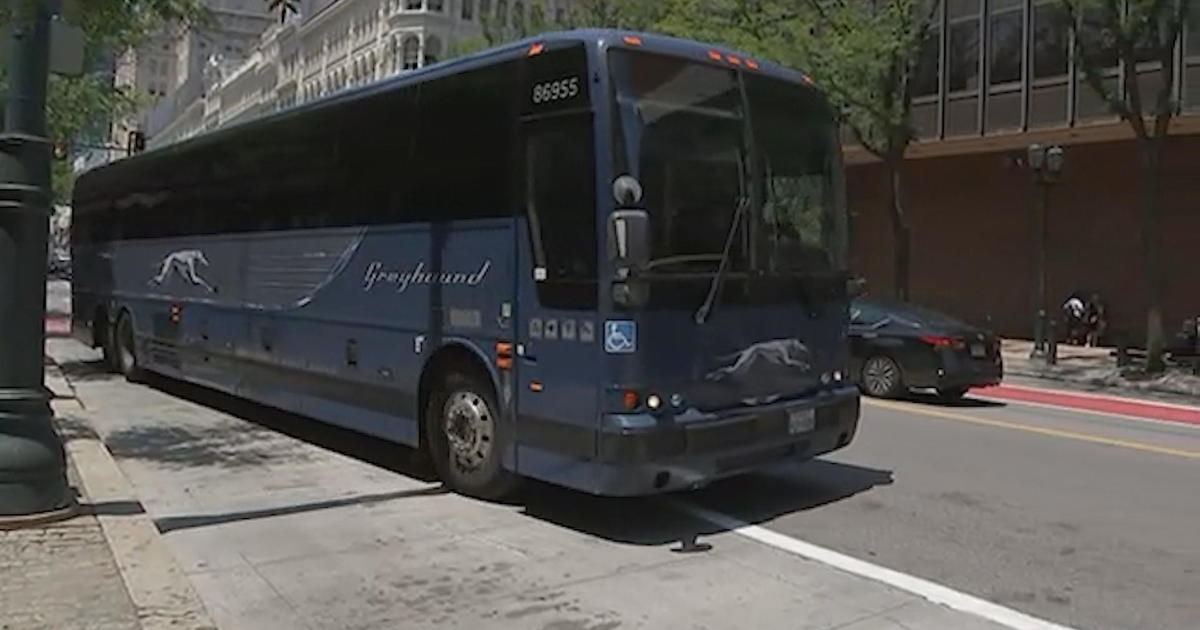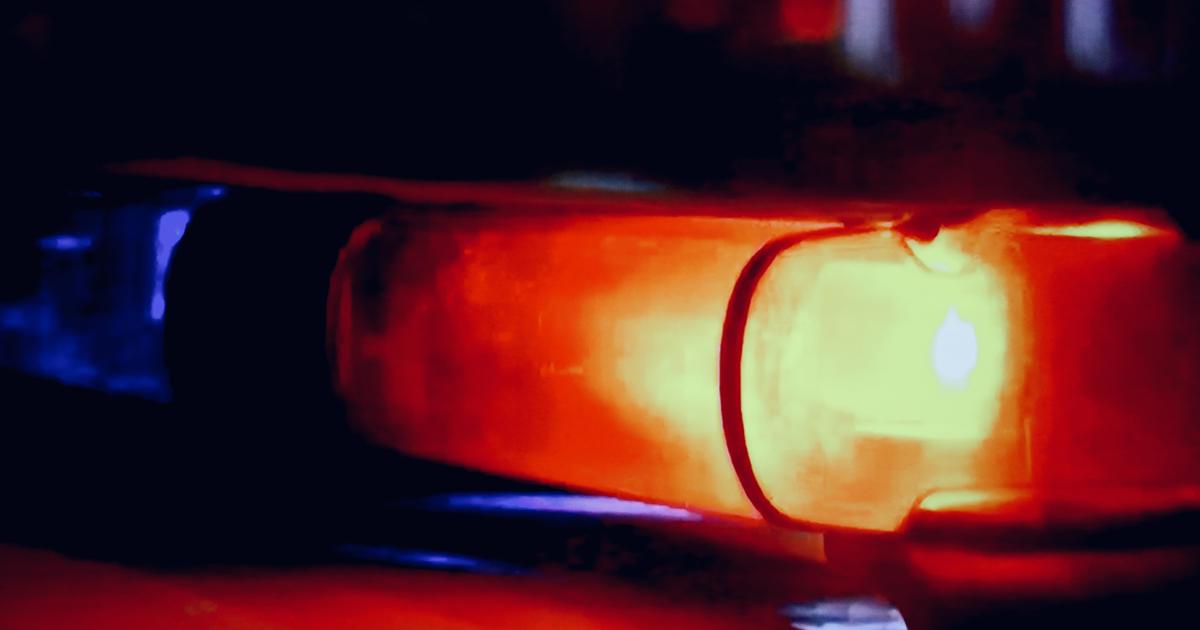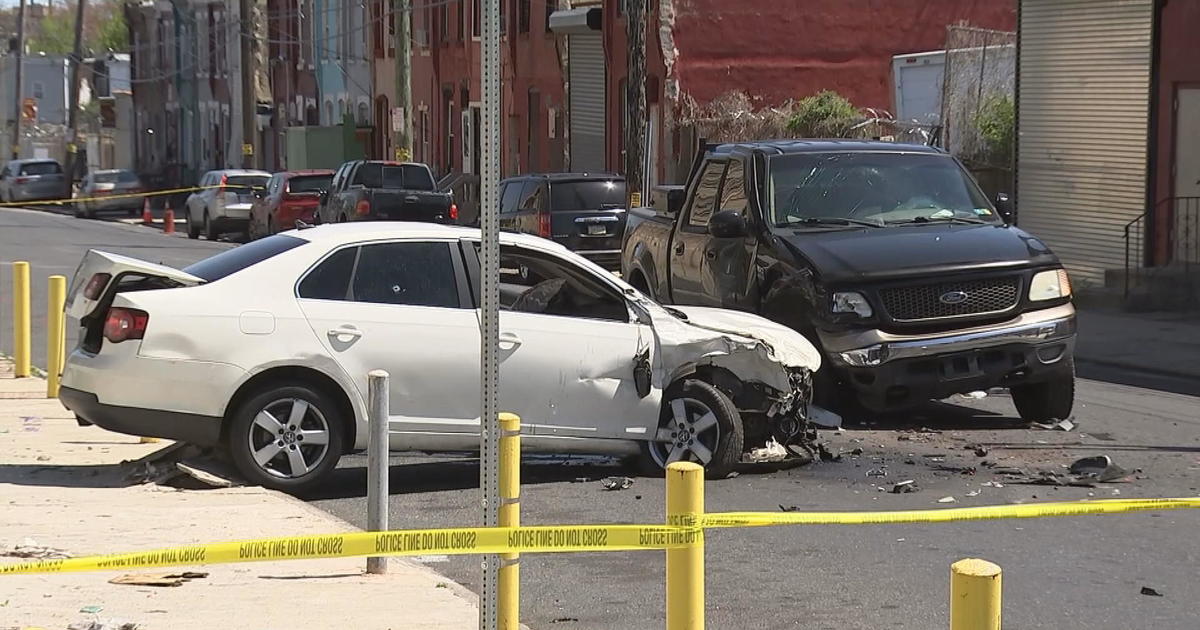I-Team: Veteran Raffle Scam Raises Tens Of Thousands Nationwide
By Charlotte Huffman
PHILADELPHIA (CBS) -- Jason Wirtzer is a licensed pilot who claims to be helping out veterans by running a charity that raffles off planes to raise money for "no-cost pilot training for active and retired military."
But is he?
Winged Warriors based in Inglewood, California claims to be a "nonprofit organization," according to the group's Facebook page.
The website says they offer flight lessons for vets, and up until December 2013, they were selling raffle tickets to win a 1948 Cessna 140 and other small planes.
"Individually they are 50 bucks each," Wirtzer told CBS2 Los Angeles.
Jim Quarella purchased a raffle ticket online.
Quarella lives in Landisville, New Jersey and says he thought he was helping a good cause.
"Well, anything that we can give back to the service people that gave to us ... I thought that was a really great thing."
Quarella isn't alone.
According to a spreadsheet included in a lawsuit filed against Winged Warriors by the website designer who claims Wirtzer stiffed him, Wirtzer sold 4,500 raffle tickets to people across the U.S. and brought in almost $175,000 including;
- $4,995 from 47 people in Pennsylvania
- $3,175 from 36 people in New Jersey, including Quarella
- $100 from two people in Delaware.
Quarella says he did not win this 1975 Beechcraft Sierra, which he had hoped to win by purchasing a raffle ticket.
The plane is owned by Bob Hancock of Lake Havasu.
According to Hancock, he had put the plane up for sale and even cut the price to less than $50,000 when Wirtzer offered to buy it from him to raise money for vets.
"I thought it was awesome," Hancock said. "A lot of military in my family, and I'm a flight instructor and I even volunteered to give free instruction if they wanted to come out to Lake Havasu, so I was thrilled."
But the transaction never went through after all three Winged Warriors checks bounced. Meaning, Wirtzer never owned the plane that he claimed was being raffled off to raise money for vets.
According to California Franchise Tax Board, Winged Warriors is not recognized as a charity, and the Attorney General's Office said Winged Warriors is not registered to hold raffles.
The I-Team alerted Quarella.
"To do something like that it's just low, very low," he said.
CBS2 investigative reporter David Goldstein tracked down Wirtzer in California to ask him about Winged Warriors and how many veterans he's been able to help through the charity.
"I'll let you talk to my attorney if you want," Wirtzer told Goldstein.
Wirtzer previously told CBS2 he had 25 veterans "in the system."
"Can you prove that you've trained 25 vets?" Goldstein asked. "You can't, can you?
"I'd like to, I'd like to," Wirtzer said.
"You'd like to but you haven't, right?" replied Goldstein.
When asked if he's scamming people, Wirtzer said: "Absolutely not."
At that point, Wirtzer sped off on his bicycle, pedaling away from any more questions.
Soon thereafter, the website to donate to Winged Warriors was deactivated.
But for Hancock, Quarella and likely many others who may have been caught up in Wirtzer's raffles, there's no question about Wirtzer's motives.
"He's very pitiful. As far as me going forward, I just would be more cautious," Quarella said.
How to Report Charity Scams
If you think you've been the victim of a scam, you can file a complaint with the Federal Trade Commission.
Charity Checklist
Considering donating to a charity? Do some research before you write the check. Here are some tips from The Federal Trade Commission to ensure your charitable contributions are put to good use.
- Ask for detailed information about the charity, including name, address, and telephone number.
- Get the exact name of the organization and do some research. Searching the name of the organization online — especially with the word "complaint(s)" or "scam"— is one way to learn about its reputation.
- Call the charity. Find out if the organization is aware of the solicitation and has authorized the use of its name.
- Find out if the charity or fundraiser must be registered in your state by contacting the National Association of State Charity Officials.
- Check if the charity is trustworthy by contacting the Better Business Bureau's (BBB) Wise Giving Alliance, Charity Navigator, Charity Watch, or GuideStar.
- Visit this Internal Revenue Service (IRS) webpage to find out which organizations are eligible to receive tax deductible contributions.
- Never wire money to someone claiming to be a charity. Scammers often request donations to be wired because wiring money is like sending cash: once you send it, you can't get it back.
- Never send cash donations. For security and tax purposes, it's best to pay by check — made payable to the charity — or by credit card.
- Do not provide your credit or check card number, bank account number or any personal information until you've thoroughly researched the charity.
- Be wary of charities that spring up too suddenly in response to current events and natural disasters. Even if they are legitimate, they probably don't have the infrastructure to get the donations to the affected area or people.
- If a donation request comes from a group claiming to help your local community (for example, local police or firefighters), ask the local agency if they have heard of the group and are getting financial support.
- What about texting? If you text to donate, the charge will show up on your mobile phone bill. If you've asked your mobile phone provider to block premium text messages — texts that cost extra — then you won't be able to donate this way.
For more information, visit https://www.consumer.ftc.gov/features/feature-0011-charity-scams



